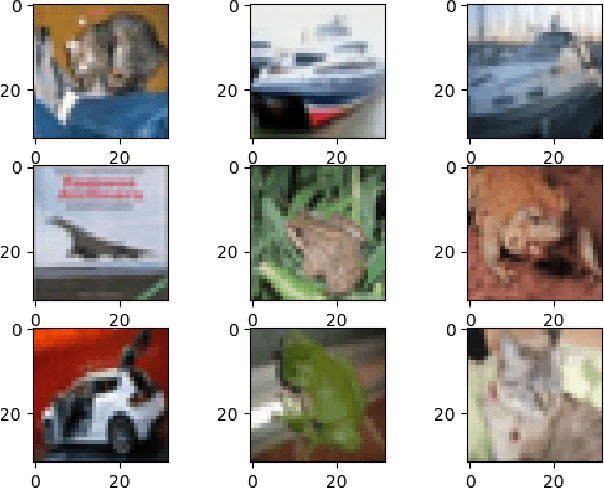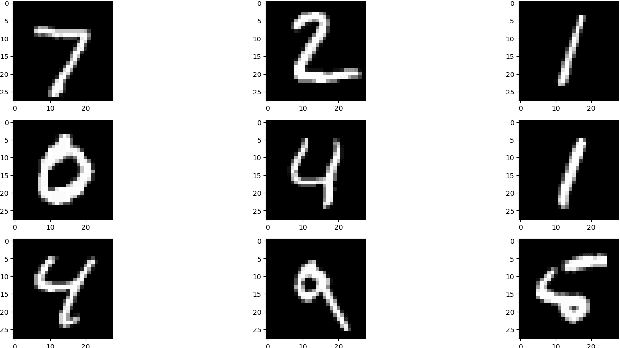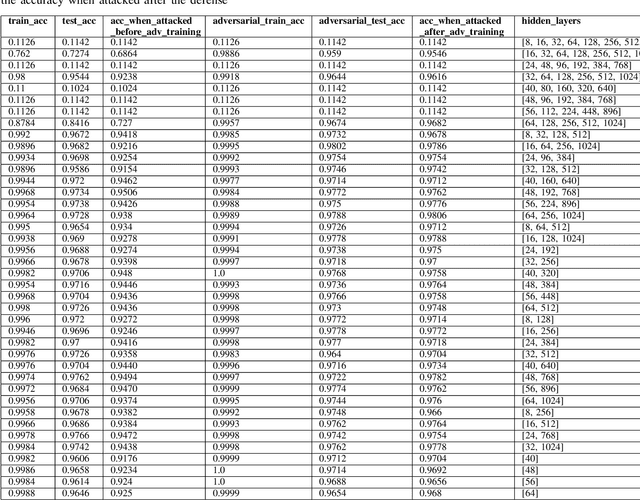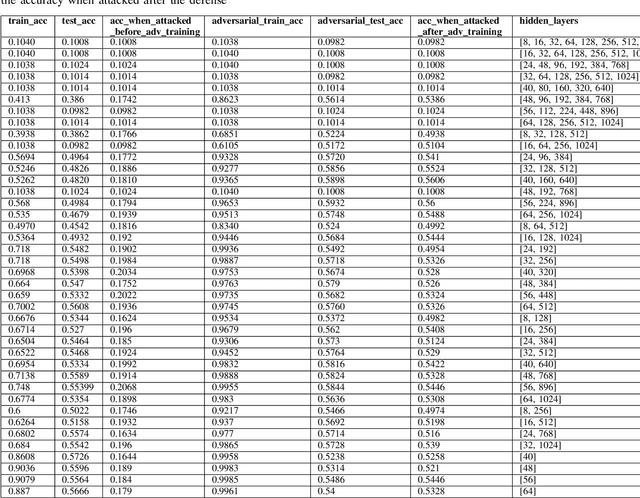ATRAS: Adversarially Trained Robust Architecture Search
Paper and Code
Jun 13, 2021



In this paper, we explore the effect of architecture completeness on adversarial robustness. We train models with different architectures on CIFAR-10 and MNIST dataset. For each model, we vary different number of layers and different number of nodes in the layer. For every architecture candidate, we use Fast Gradient Sign Method (FGSM) to generate untargeted adversarial attacks and use adversarial training to defend against those attacks. For each architecture candidate, we report pre-attack, post-attack and post-defense accuracy for the model as well as the architecture parameters and the impact of completeness to the model accuracies.
* 9 pages, 2 figures, 2 tables
 Add to Chrome
Add to Chrome Add to Firefox
Add to Firefox Add to Edge
Add to Edge